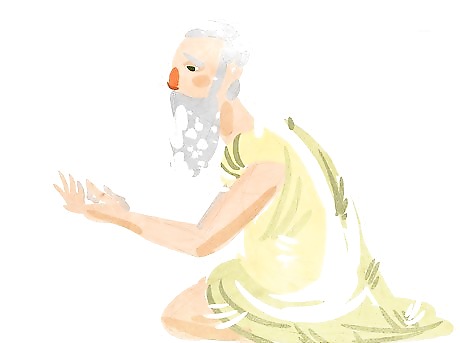
views

Read about the origin of Stoicism. It's a philosophy from the Graeco-Roman period of classical history, first founded by Zeno of Citium, whose works have now been lost.

Take to heart the teachings of Zeno that all suffering comes from certain destructive emotions, known as the Stoic passions.

Control your passions. Therefore, to achieve the true happiness, you must control your passions: they are distress, fear, lust and delight. These are described as follows by Zeno: Distress – a contraction, or a fresh opinion that something poor is present, at which people think if it were right to be depressed.Understand Stoicism Step 3Bullet1.jpg Fear – an aversion or avoidance of an expected danger.Understand Stoicism Step 3Bullet2.jpg Lust – a desire or pursuit of an expected good.890870 3b3.jpg Delight – swelling or a fresh opinion that something good is present, at which people think it right to be elated.Understand Stoicism Step 3Bullet4.jpg

All these are then sub-divided with different destructive emotions for each primary passion.

Read and understand Stoic handwritings based on the flow that they were written in. Most Stoic works have been lost, so you can acquire more knowledge about Stoic thoughts from different books. The classical examples might be Marcus Aurelius' "Meditations/Thoughts to Myself", Seneca's "Letters from a Stoic" and "On the shortness of life".Understand Stoicism Step 5Bullet1.jpg John Sellars' "Stoicism" gives a good history of stoicism, that is easy to read, while comprehensive.Understand Stoicism Step 5Bullet2.jpg Bertrand Russell's 'A history of western philosophy' also discusses Stoicism, both of these will give you outside opinion of Stoicism.Understand Stoicism Step 5Bullet3.jpg Ryan Holiday's 'Daily Stoic' is a daily devotional that combines many writings and explains them in modern, simple-to-read language.

Control your emotions at all times through the right assent of external and internal impressions. This is Stoics' famous principle. The word "stoic", meaning a person who tolerates pain and doesn't complain about it, has come into the English language from stoicism.

Lead a plain and simple life, disdain anything added by the way of decoration.

Have a few Laconic tendencies, like Laconic brevity in speech and eating sparingly.

Wear simple but comfortable clothes.

Be always familiar with poverty, just in case you became beggared. Stoicism doesn't mean leading a frugal life. Seneca was a senator, Marcus Aurelius was an emperor, they merely advocated non-materialism.

Accept the fate. Similar to the Buddhist idea of the universe, believe everything is constantly changing and humans were just tiny parts of nature; it is, therefore, necessary for you to accept the fate without hesitation.

Be happy in all circumstances. Stoics advocated the idea that no matter what happens to you, you are still happy; no matter how painful or pleasuring is your life, you have a potential to be generally satisfied with life.

Prepare. Memento mori: Remember your life is short. Prepare and be familiar this statement, however, you don't have to fear death, as fear is inappropriate for the stoic.

Understand the core virtues: At the heart of the Stoic philosophy, there are courage of the soul, humility, honesty, compassion and solidarity between people.




















Comments
0 comment